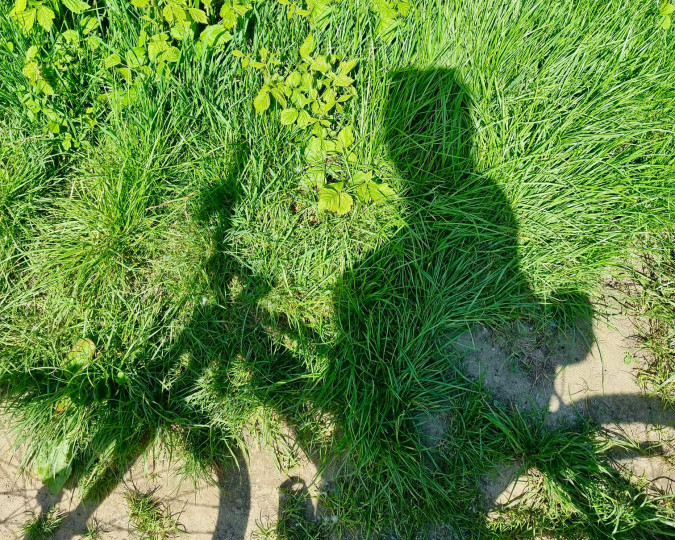The Father Energy: Balancing on a Bike and in Life

I recently read a book about a father and daughter, a narrative that felt almost like a reflection of my own relationship with my dad. It stirred something deep within me—familiar narratives I knew too well, revelations I had unearthed in therapy, and insights that struck me anew. After a sudden and unexpected wave of tears, I felt my emotions swirling inside me. Seeking clarity, I grabbed my bike and headed into the forest, hoping that nature’s symphony would help me make sense of it all—or lead me to explore the wounds I had just uncovered.
I reflected on the lessons my father failed to teach me. I considered how his character shaped my life, what he had deprived me of, and the will he imposed upon me. I found myself standing on the brink of a new career, a fresh beginning, yet feeling paralyzed. Overwhelmed by self-doubt and the weight of it all, I began to blame him for my struggles, identifying his flaws—flaws that, now as an adult, I saw reflected in myself.
As I rode through the forest, a fleeting thought surfaced: my father was the one who taught me to ride a bike. This simple realization triggered a flood of memories. One by one, lessons and skills he had shared with me began to re-emerge, illuminating the very qualities that had guided me to this pivotal time, ready to embark on a new chapter. In my search for direction and assistance, I recognized that my father had instilled in me traits that now lead me on my own path, helping me figure out how to move forward.
The deeper I ventured into the forest, the more everything seemed to align. I discovered a trail where sunlight danced on the water, birds filled the air, and fields of grain stretched to the horizon. I slowed my pace, savoring the tranquility of nature and the expanding sense of clarity that enveloped me, from the top of my head to the tips of my toes. That’s when I heard my father’s voice once more, gently reminding me: I needed to keep moving, even if slowly. That was the only way to avoid falling.
I continued to ride, contemplating what to do with my writing and how to guide myself. I wanted to reach the finish line, but I kept losing my rhythm, feeling more stuck than progressing. Ahead, a steep incline loomed, and as the chain rattled, I heard my dad’s voice again. He encouraged me, saying I could do it—that I just needed to adjust the gears and persist, even if it meant advancing on the lowest setting. The key was not giving up, because I had the strength to persevere.
Suddenly, memories from a recent meeting flashed through my mind—a moment when I received critical feedback on a story I had written. I had never shared something so personal through my writing before, and I was unprepared for the possibility that it might not resonate with others. It felt true to me, and flowed naturally from the heart, so I struggled to understand how someone else might perceive it differently. I took the feedback to heart but didn’t know how to act on it, so I did nothing. In fact, I began to consider giving up writing altogether. As my thoughts spiraled, my bike started to skid. I adjusted my balance, trying to regain control, and heard my father’s familiar advice echo in my mind: “If you don’t fall, you won’t learn.”
I had fallen off a bike countless times. Clearly, it had worked—because now I can ride well, and can navigate through challenging situations. As a child, I could have responded to failure in many ways. Falling hurts, leaving bruises and scrapes that last for days. Why keep trying if failure seems inevitable? My father must have been incredibly persuasive when he urged me to keep learning. I believe he embodied the very essence of “Don’t break,” because whenever he said it during my life’s toughest moments, it gave me strength. And I didn’t break. I understand that now—because these are the lessons my father taught me.
- Zuzanna Angielczyk
Zuzanna is a writer living in Warsaw, and a student of the School of Creation.










Add new comment